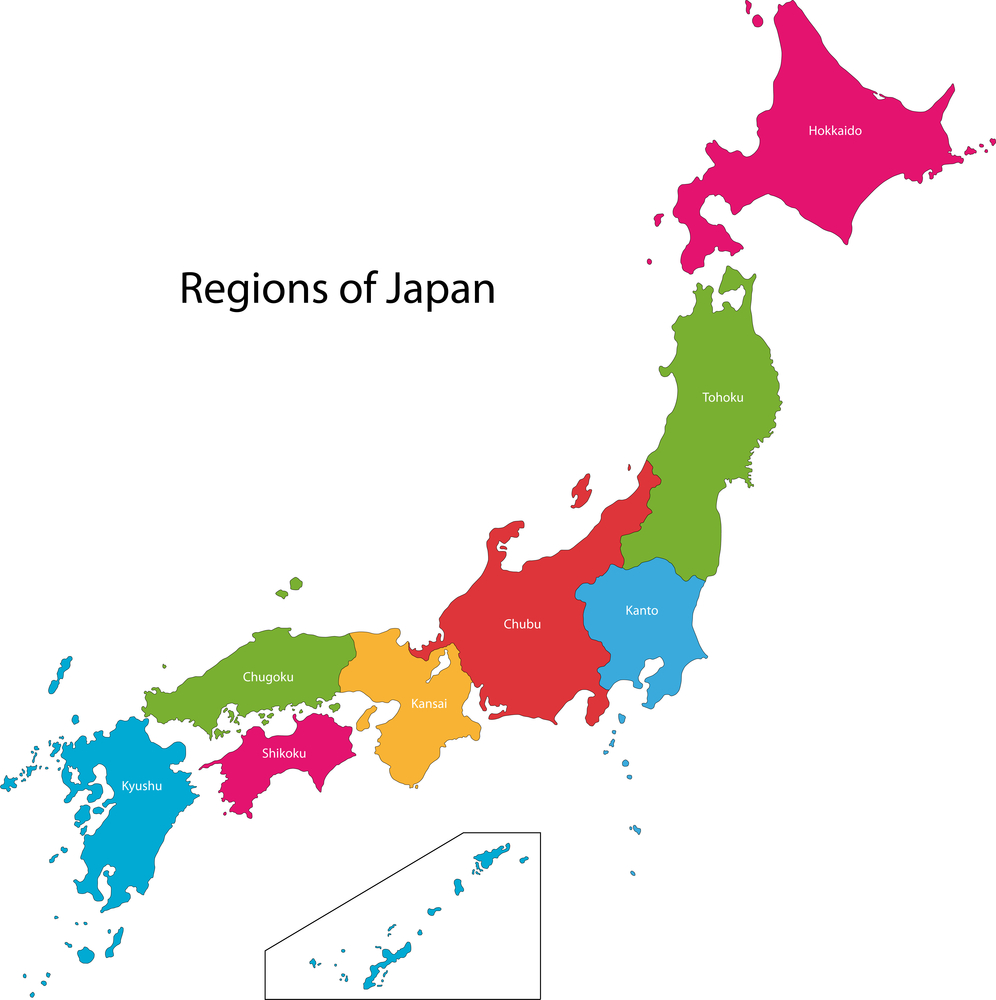Japanese companies move into sort-of reassurance mode re Brexit
Both Nomura and Toyota have moved to reassure their employees their jobs in the UK are safe – for the time being. The devil is in the detail of course – Toyota says plans through to 6 or 7 years from now have already been made, after which, no one can predict anyway, and Nomura’s new COO says London will remain the main brokerage in Europe and there are no plans to move jobs to elsewhere in Europe in the next two years.
Both companies are in our Top 30 Japanese companies in the UK, employing around 5,500 between them. Toyo Keizai magazine’s recent article on whether Japanese companies will move away from the UK has helped us update the ranking further, and we can now say just under 100,000 people are employed by the Top 30. The article goes on to speculate what Hitachi might do about its rail business if the UK was to leave the single market and default to tariffs of 10%. The global headquarters were moved to the UK in 2014 and a factory has been built in Newton Aycliffe. Hitachi is competing with Bombardier (Canada), Siemens (Germany) and Alsthom (France) – the latter two being in the European Union and the eurozone of course.
“Japanese car manufacturers underpin the UK automotive industry”, says Toyo Keizai. Honda, Nissan and Toyota represent half of the 1,590,000 cars that were produced in the UK in 2015, with Nissan being the second largest manufacturer in the UK after Jaguar Land Rover. Around 80% of Nissan’s cars, manufactured in Sunderland, are exported to the EU and elsewhere. NIssan directly employs around 8000 people across the UK, and indirectly a further 32,000.
Yet 61% of Sunderland voters supported Leave, despite the fact that if access to the EU market is restricted, they are likely to lose their jobs. For Honda and Toyota, the UK only represents 2% of their total production, compared to 10% for Nissan. As the utilisation of Nissan partner Renault’s factories is not high, it’s likely production will shift to France.
However it takes time to shift production. “What sort of deal Carlos Ghosn can get from the UK government will influence how the rest of the Japanese car manufacturers will view production in the UK” says Takaki Nakanishi of the Nakanishi Research Institute.
Other issues for Japanese companies are whether the UK retains financial passporting, and for Takeda and other pharmaceutical companies, whether the European Medicines Agency stays in the UK or not.
Send download link to:Japanese companies in the UK
For more content like this, subscribe to the free Rudlin Consulting Newsletter. 最新の在欧日系企業の状況については無料の月刊Rudlin Consulting ニューズレターにご登録ください。
Read More
